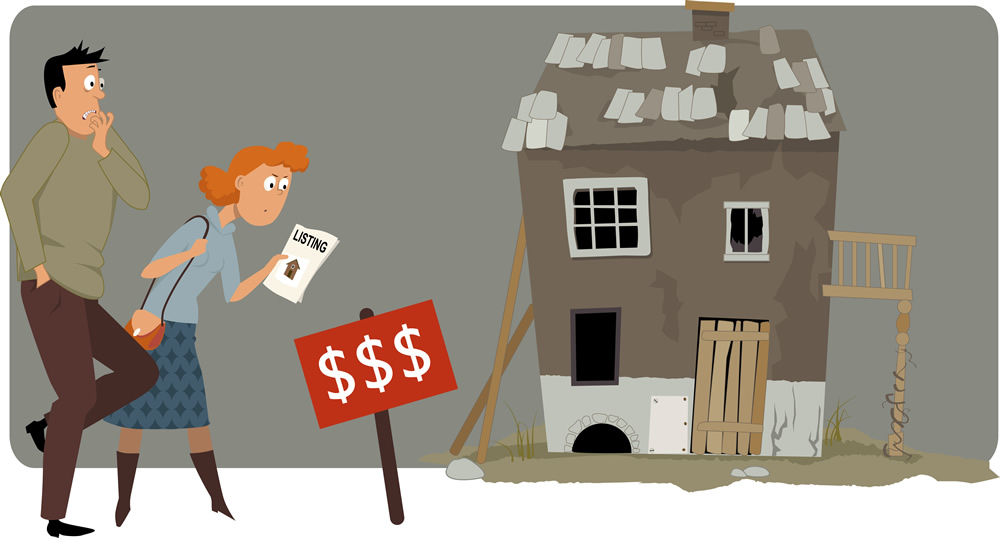How Much House Can You Truly Afford?

If you are in the market for a new home and have been preapproved for a big, fat mortgage you may want to step back and calculate what you can actually afford to cover on a monthly basis. There can often be a disconnect between what a homebuyer is approved for by their mortgage lender and what they can truly afford.
In many cases, homebuyers hope to see a big number on their mortgage pre-approval letter so they can purchase as much house as possible but in many cases the number you should actually focus on is the monthly payment to ensure you can really afford the house. Homeownership comes with a variety of monthly bills and while your mortgage payment is probably the biggest one, utilities, insurance and other expenses can quickly add up.
Check Out Home Affordability Calculators
While there are thousands of mortgage calculators on the Internet, the majority of these simply calculate your monthly mortgage payment without really helping you determine exactly how much house you can actually afford.
An affordability calculator will factor in a wider variety of information to determine what your true price range should actually be for the home to be truly affordable. These calculators look at property tax rates, insurance costs as well as your personal monthly expenses. This can include consumer debt and day-to-day expenses such as groceries and utility bills. Many calculators will even factor in a monthly savings goal to encourage savings.
Affordability calculators can help you determine how much home is actually affordable compared to how much home you qualify for with a mortgage lender. Here are some examples:
- Mortgage Affordability Calculator by Chase
- Home Affordability Calculator by Quicken Loans
- Home Affordability Calculator Tool by Realtor
Keep it Affordable and Think Long Term
In many cases it pays to stay on the low end of your price range. While you may be able to technically afford a $2,200 a month payment most experts would recommend staying in the $1,600 to $1,800 range.
A mortgage payment that stretches your budget too thin can leave you house poor without enough cash to cover emergencies or even unexpected repairs that crop up in your new home.
In addition to staying on the low to middle end of your mortgage approval, it helps to think long term about expenses that may be coming up in the next few years. While you may be car payment free right now and your credit cards are running a zero balance that could easily change in a few years when your car needs to be replaced or an emergency expense ends up on your credit. If you have already pushed your budget with a barely affordable mortgage, these expenses can push you over the top.
The same issue can crop up if you are planning to have kids soon. While your new home may be affordable with dual incomes, a few years down the road a baby may reduce or even eliminate one income.
Most experts recommend sitting down and thinking about what your expenses and income may be in the next three to five years. While your expenses may grow, if you expect your income to grow as well you may be able to afford the more expensive house. However if you career comes with modest raises every few years you should probably consider homes on the low end of your approval scale. This kind of strategic planning can sometimes get lost in the thrill and excitement of a house hunt.
Be Realistic
It may be tempting to move into a higher price range if you cannot find a home with all the amenities you are looking for at your price point but its important to remember that its not only the price that will go up but also the property taxes, your mortgage insurance, homeowners insurance and even the closing costs.
Most experts recommend sticking to the price range you are comfortable in and resisting the temptation to look at homes at a higher price point. If you cannot find your dream home in your price range put the search on hold until new inventory hits the market.
Buying a house that is priced above your comfort zone can leave you struggling with day-to-day expenses such as childcare, gas and even groceries. The best advice is to calculate your comfort zone when it comes to a house budget and stick to it. Below you will find some helpful articles related to helping you save more money on everything home and insurance.
